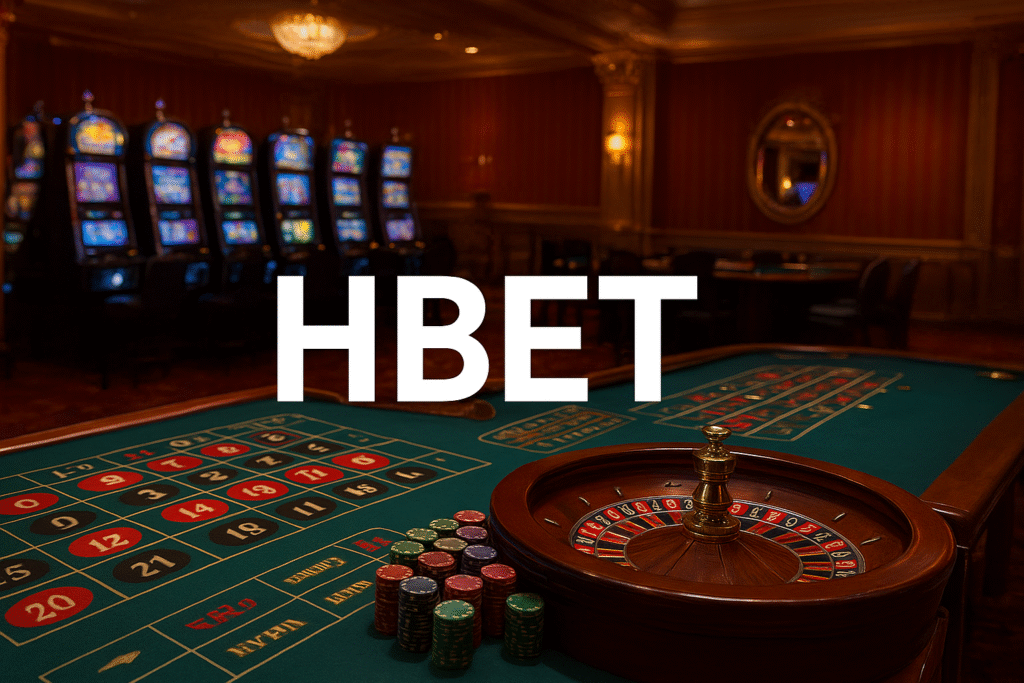
Behind the flashing lights, thrilling sounds, and excitement of casinos lies a foundation built on mathematics and probability. Every game, whether it’s blackjack, roulette, poker, or slots, is carefully designed with numerical principles that ensure the house maintains a long-term advantage. Understanding the role of probability in casino games can help players make more informed choices, manage expectations, and approach gambling as an enjoyable form of entertainment.
The Concept of the House Edge
The house edge is the cornerstone of every casino game. It represents the mathematical advantage the casino has over players in the long run. For instance, in American roulette, the presence of the double zero gives the house a 5.26% edge. This doesn’t mean you’ll lose every spin, but it ensures that over thousands of plays, the casino will always profit.
Some games, like blackjack, offer a much lower house edge, sometimes as little as 0.5% if players use proper strategy. Slots, on the other hand, typically have higher edges, often between 5% and 10%. Knowing the house edge helps players choose games wisely.
Probability in Action: Roulette
Roulette is one of the best examples to illustrate probability. If you place a bet on a single number, the odds of winning are 1 in 37 on a European wheel, but the payout is 35 to 1. This difference creates the casino’s advantage. Even with different betting strategies, the underlying probability doesn’t change—roulette always favors the house in the long run.
Skill vs. Chance: Blackjack and Poker
Some casino games rely heavily on chance, while others allow skill to influence outcomes. Blackjack is a prime example of a game where probability and strategy intersect. By following mathematical “basic strategy” charts, players can significantly reduce the house edge. For example, knowing when to hit, stand, or double down based on probabilities gives the player more control.
Poker, meanwhile, is unique because it pits players against each other instead of the house. Probability still plays a huge role—odds of making certain hands or calculating pot odds—but psychology and decision-making are equally important.
The Random Nature of Slot Machines
Slot machines are governed by random number generators (RNGs), which ensure each spin is completely independent. The probability of hitting a jackpot may be tiny, but it remains constant across all spins. This randomness is what makes slots so unpredictable—and addictive. Players often feel like they are “due” for a win, but in reality, each spin has the same odds as the last.
Why Casinos Always Win in the Long Run
Even when players win big, casinos thrive because of the mathematical certainty built into every game. Short-term luck is real, but over time, probability ensures the house edge plays out. This doesn’t mean players can’t win—it just means that gambling should be seen as entertainment rather than an investment strategy.
The Psychology of Probability Misconceptions
Many players fall into traps like the “gambler’s fallacy”—believing that past outcomes influence future results. For example, if red has appeared five times in a row on the roulette wheel, some believe black is “due.” In reality, each spin is independent, and probability doesn’t change based on past results. Recognizing these misconceptions can help players avoid costly mistakes.
Online Platforms and Learning Opportunities
One of the advantages of digital gambling is the ability to practice and study probabilities without high stakes. Many online casinos offer free play modes, where players can experiment with strategies and learn about odds before risking real money. Platforms such as HBET give users a chance to experience these games responsibly while gaining insight into the mathematics that powers them.
Conclusion
Mathematics and probability are at the heart of every casino game. While luck will always play a role in the short term, the numbers guarantee the house an advantage over time. By understanding these principles, players can make smarter choices, avoid common misconceptions, and focus on the true purpose of gambling—entertainment.